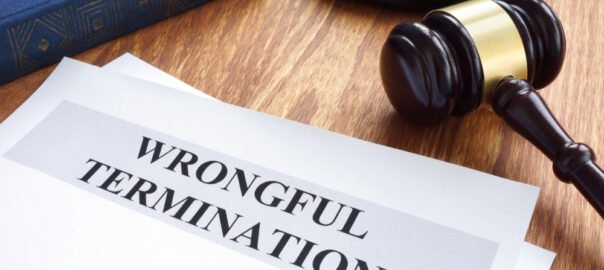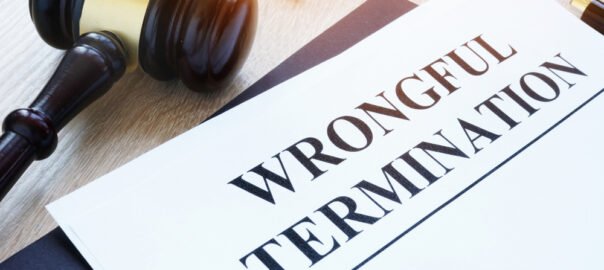While it may not be the most well-known or exciting part of a given legal trial, and you might not see it on your favorite legal TV show, the use of deposition testimony within many trials is extremely important. There are a number of reasons it might be used, plus several different ways attorneys may go about utilizing deposition testimony to help further the case of their clients.
At Phoenix Deposition Services, we happily provide court reporter services for depositions of all types across Phoenix, including both live and remote deposition transcription options. What are some of the basic rules for how deposition testimony can be used in trials, why is such use often valuable, and what are some ways this testimony is often used by attorneys? Here’s a basic rundown.
General Rules
While specific rules for use of deposition testimony within a trial will vary between states, a general theme emerges in nearly every state in the US: Using depositions is generally accepted — as long as there are good reasons for it.
It’s true that most courts absolutely prefer the use of live witnesses whenever possible, and this should be your first priority for any situation where this is possible. However, as we’ll go over later in this blog, there are a number of situations or circumstances where a deposition might be the only possible way to get a given piece of testimony into evidence. If this is the case, and you follow general best practices for doing so, then you’ll likely have little trouble getting your deposition accepted as evidence.
There are also some general rules that will almost always apply whenever you’re looking to use deposition testimony in place. For instance, every state will require that you give reasonable notice to both the court and all other attorneys involved that you’re looking to use deposition testimony, as well as what parts of the deposition you’re looking to introduce. Again, these rules will vary somewhat from state to state, though most of the main ones are similar across the board.
Use of Both Party’s Depositions
In cases where deposition testimony will be used, it should be noted that each attorney in the case has the right to use any part of the deposition testimony given by their opponent. This is generally speaking, of course; there may be some minor exceptions in cases where a piece of evidence is particularly sensitive or damning, and an attorney can make a motion to keep that part of the deposition from being used.
In most cases, however, all attorneys will be able to use any deposition testimony given by the other party, so long as it is properly entered into evidence. This can obviously cut both ways; if your opponent gives a great deal of useful testimony during their deposition, you’ll be able to use that to help your case, but they’ll also be able to do the same to you.
Our next several sections will dig into some of the primary reasons for deposition testimony being used, plus how attorneys will use said testimony in these situations.
Testimony of Absent Witnesses
The most common reason for using deposition testimony during a trial is when the witness in question is not able to be present for the trial itself. This can happen for a variety of reasons, most commonly due to scheduling conflicts or because the witness in question lives too far away to reasonably make it to court (the rule here is usually 100 miles from the location where the trial is happening). In addition, there may be some cases where subpoena failed to produce the witness’s attendance, or where things like age, infirmity or imprisonment caused them to not be able to appear.
Assuming that you have given reasonable notice that you plan to use deposition testimony in these cases (again, rules will vary from state to state), then you’ll likely have little trouble using deposition testimony of an absent witness. It’s important to note that this does not mean the trial will automatically become a “paper trial;” attorneys on both sides will still be able to cross-examine the other side’s witnesses, and the jury will still be able to observe both the attorneys and the witnesses while they’re giving testimony.
Opportunities for Impeachment
In other cases, a primary use of deposition testimony will be to impeach a witness who is testifying live during the trial itself. This can happen for a number of reasons; perhaps the witness lied during their deposition, or maybe they’ve simply changed their story since then.
In any case, if you’re able to get prior inconsistent statements admitted as impeachment evidence, it can do a great deal to damage the credibility of a witness, and by extension, the case being put forth by the attorney who called them.
Of course, this isn’t always as easy as it sounds; prior inconsistent statements are notoriously difficult to get admitted into evidence, and even if you’re successful, there’s no guarantee that the jury will actually find them persuasive. However, if the evidence is there, this may be a use of deposition testimony.
Expert or Other Testimony from Prior Proceedings
There are also a few other, more specific situations where deposition testimony may be used. One example would be if an expert witness testifies during a trial, and their expert report is not going to be made available to the other side until after the fact.
In these cases, the attorneys may agree that they will simply use the deposition testimony of the expert in lieu of live testimony, so long as both sides are given an opportunity to cross-examine the expert. This can save a great deal of time, since it eliminates the need to have the expert fly in and testify twice (once during the deposition and once during the trial).
Similarly, there may be other types of testimony where using deposition testimony is more efficient than having the witness testify live. For example, if a key piece of evidence is a document that needs to be authenticated, it may make more sense to simply have the person who prepared the document testify during their deposition, rather than fly them in to do so again during the trial.
In these cases, it’s important to remember that the deposition testimony will be subject to the same rules of evidence as any other type of testimony; if the other side objects, you’ll need to lay a foundation for the admission of the testimony just as you would with any other piece of evidence.
For more on the ways deposition testimony will often be used during trials, or to learn about any of our Phoenix court reporters and the deposition services we offer, speak to our team at Phoenix Deposition Services today.








